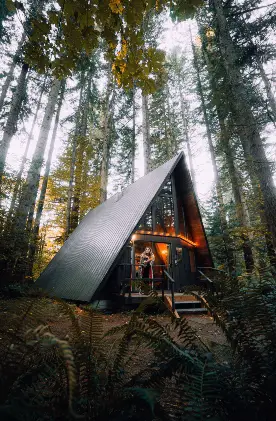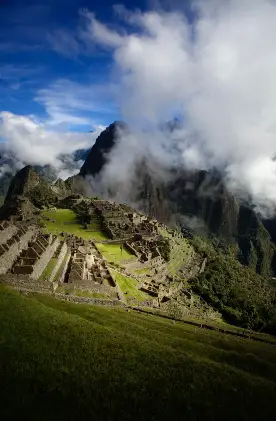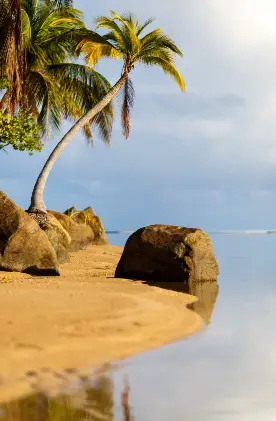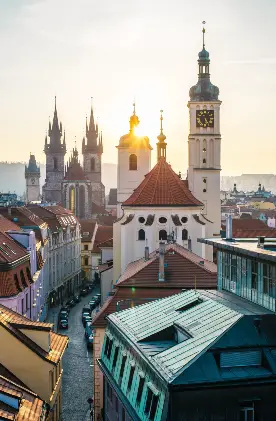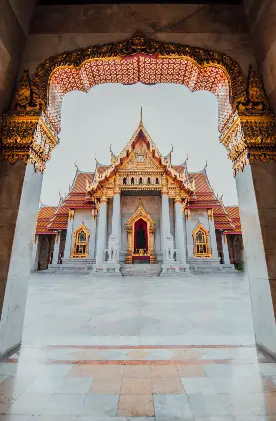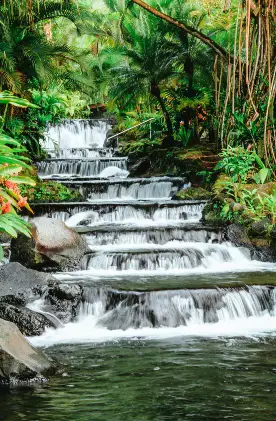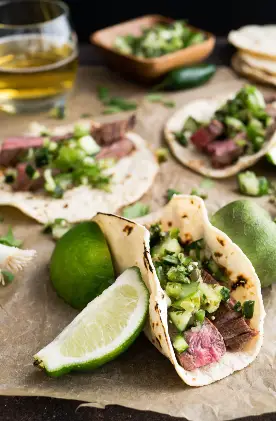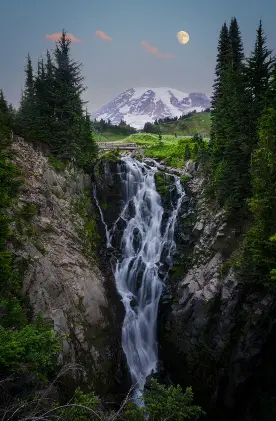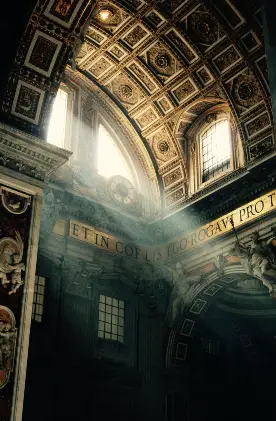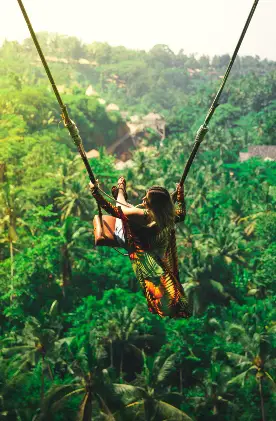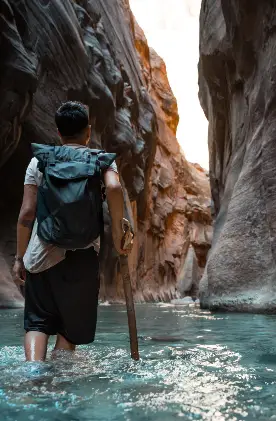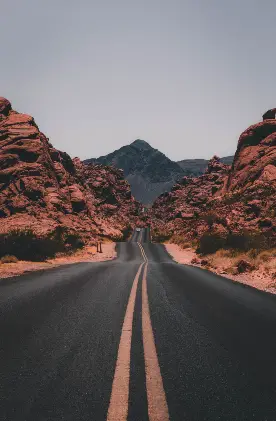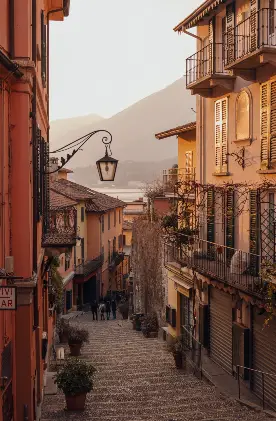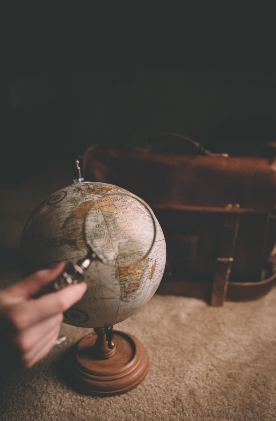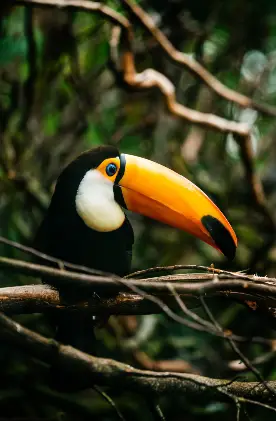Robert Michael Poole is on a mission to rebalance social media by showcasing parts of the world few people venture. The writer, photographer and occasional influencer has amassed a large following on Instagram and has travelled to nearly 150 countries.
But for Robert the art of authentic travel has nothing to do with numbers or “country-counting” as he puts it. The Englishman finds meaning and joy in visiting countries that haven’t been overwhelmed by globalization—places that have a lot to teach us by virtue of their strong historic culture.
Below, he shares with us why he loves travelling to unknown/seldom visited parts of the world, his favourite travel experiences so far in 2019, and why travel is in somewhat of a crisis in the digital age:
Where did you grow up and what inspired your love of travel?
I grew up in a town in the English countryside, Wiltshire to be precise, not far from Stonehenge. I didn’t actually dream of traveling while young. Though, I’ve always been curious and found watching the world news fascinating as a child. So when my university offered a chance to study abroad, it was like someone struck a match and my life began.
I went to Finland on an exchange and the impact was instant. All these people were there from around the world, with different values, opinions, and experiences that intrigued me to explore for myself and understand what made them so different.
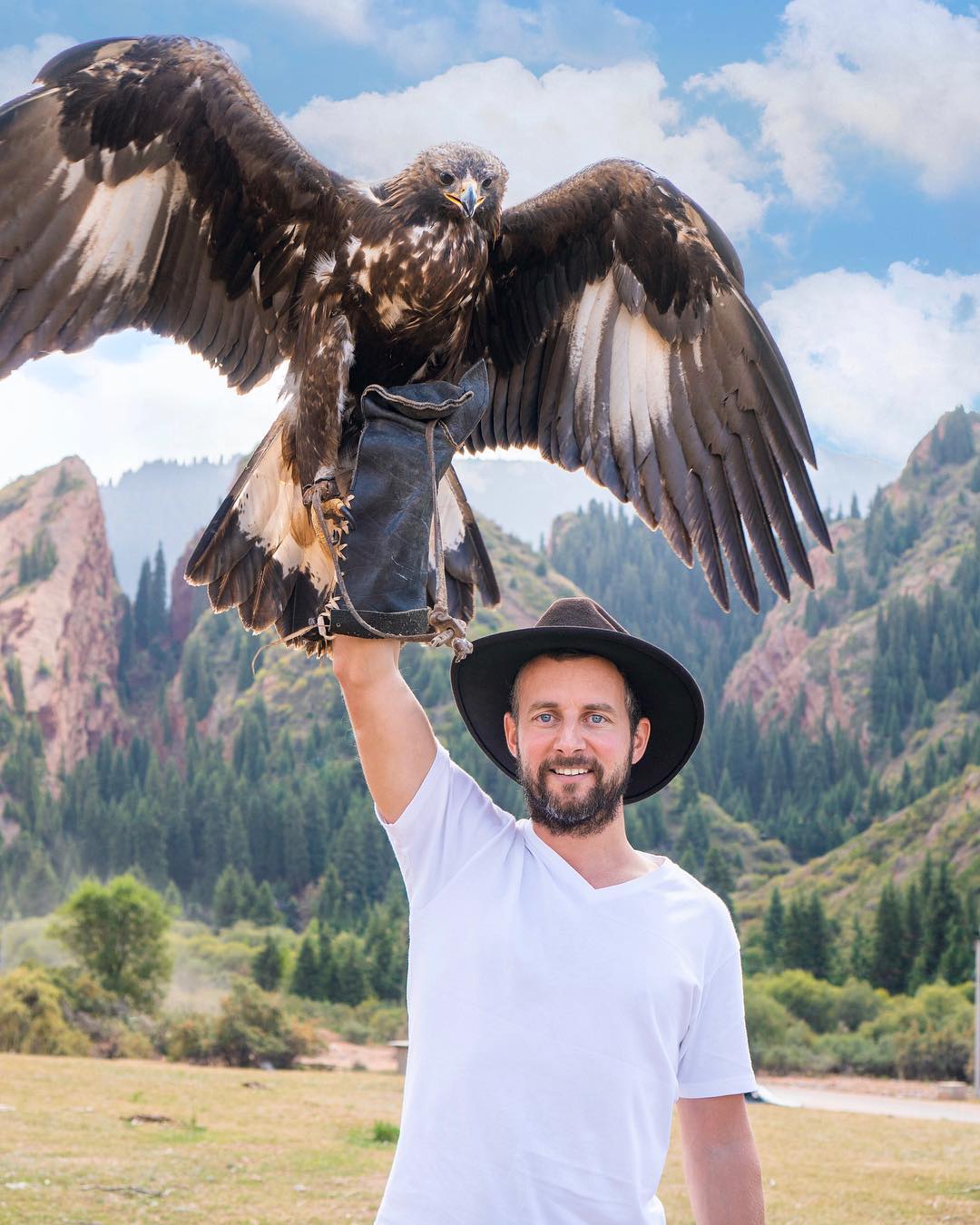
Why do you enjoy travelling and telling stories in parts of the world few venture?
I don’t shun popular places. But I do find the world is greatly imbalanced in terms of media exposure, and the internet was supposed to change that. The internet was supposed to give an equal voice to people wherever they were.
But instead, both the social media companies and the users – the so called “influencers” – don’t seem to influence much. Instead, either showing more of what we already know, or misrepresenting places with stereotypical shots of themselves alone in places that are actually super crowded, or in pretty places that are really suffering from rubbish and pollution.
I find places that are seldom visited usually the most authentic, and I try to show the reality, such as recently documenting the amount of litter ruining the natural beauty of the Dominican Republic.
I also much prefer to visit a culture that hasn’t yet been overwhelmed by globalization, because those cultures naturally have more interesting things to offer and teach us by virtue of their retainment of historic culture.
Take Micronesia for example, where on Yap island people live self-sustaining lives in tribal villages, use Stone money, and maintain their songs and dances from generation to generation. Or Bhutan and Tibet, isolated territories not yet globalized that remind us how civilizations of the past were once rich in knowledge and philosophy.
Places like Iraq, North Korea and Afghanistan on the other hand are important to visit just to know the reality, because mainstream media would have us believe things about these places which are not accurate for most people who live there. Saudi Arabia for example is far more diverse and complex than it appears from the outside.
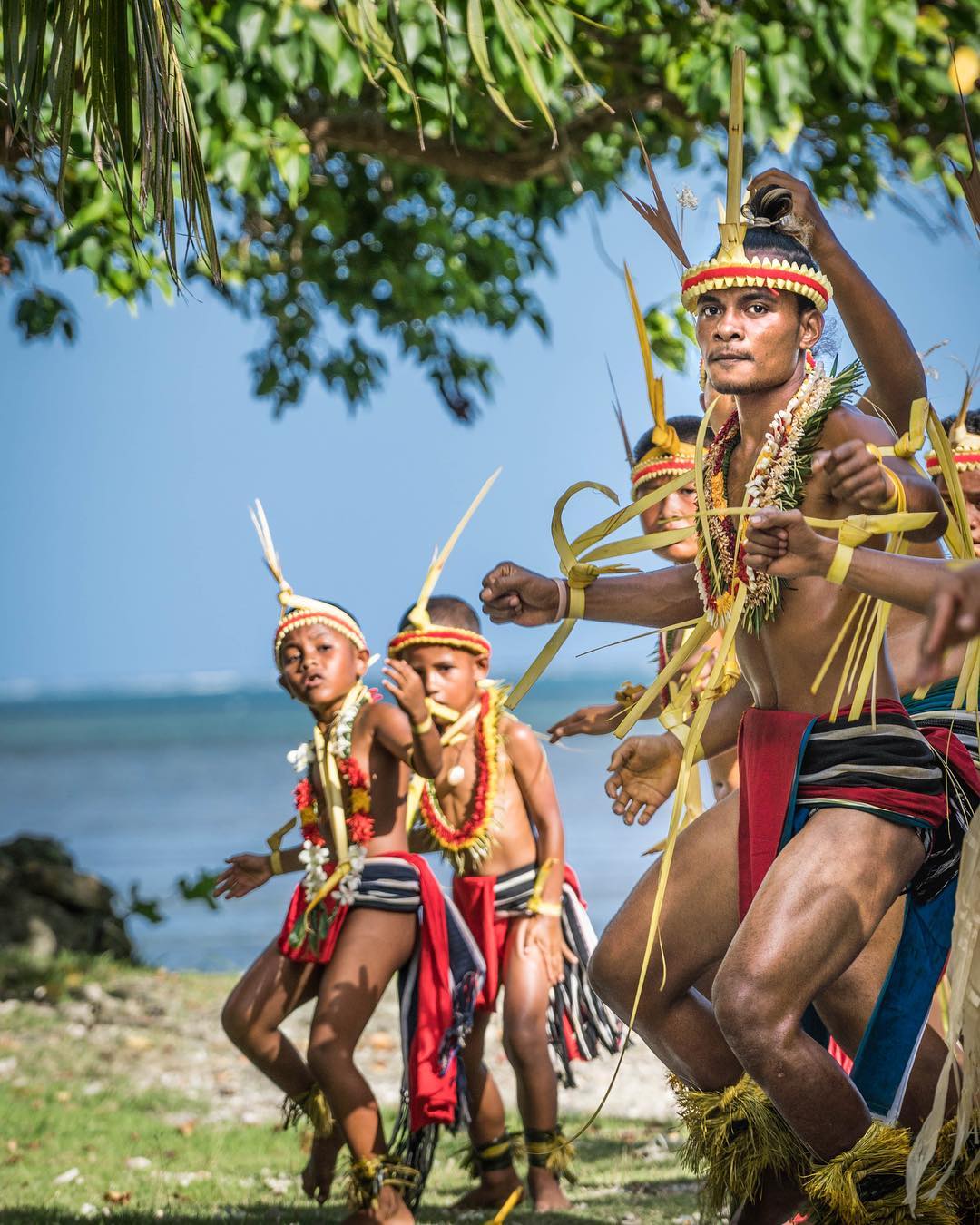
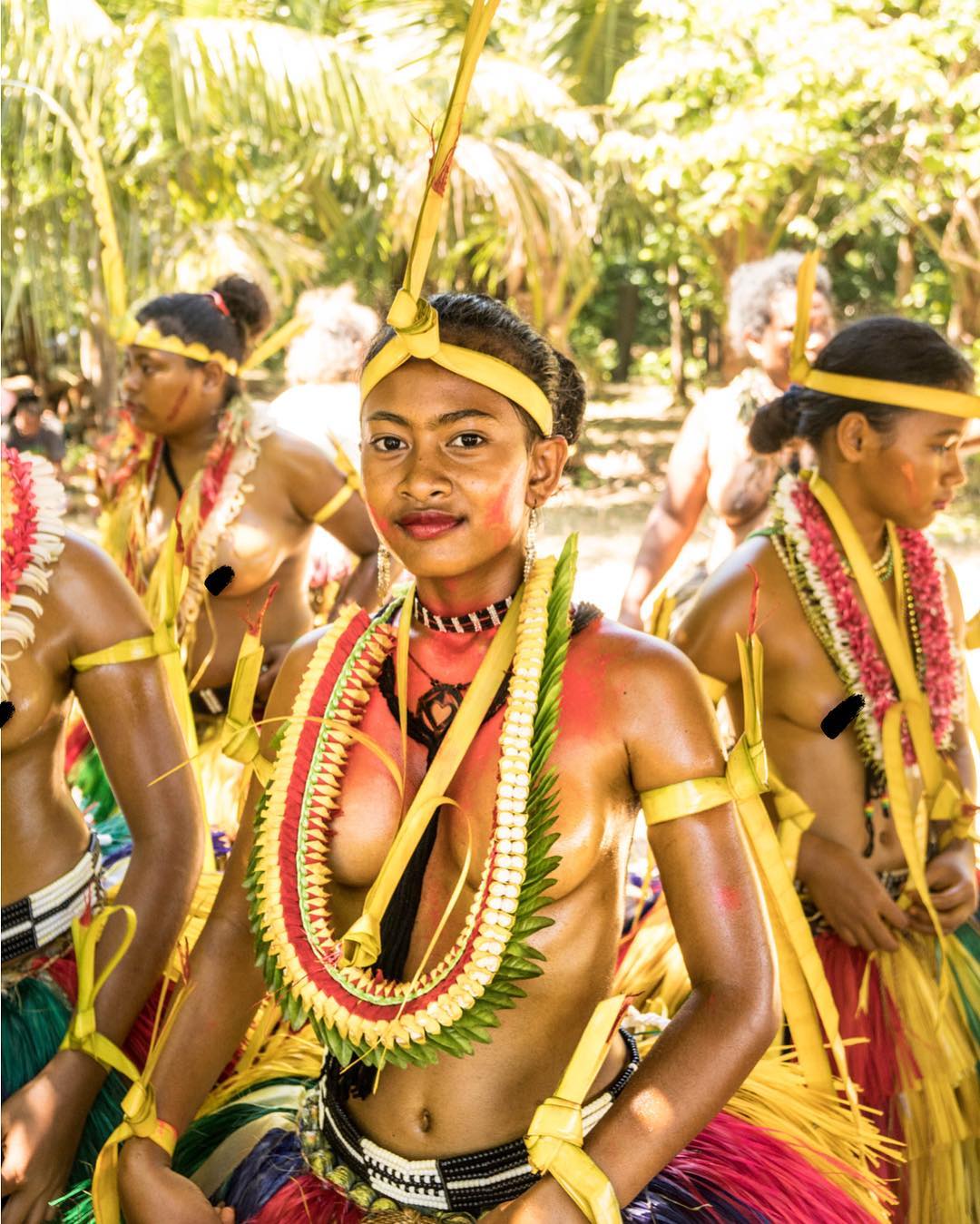
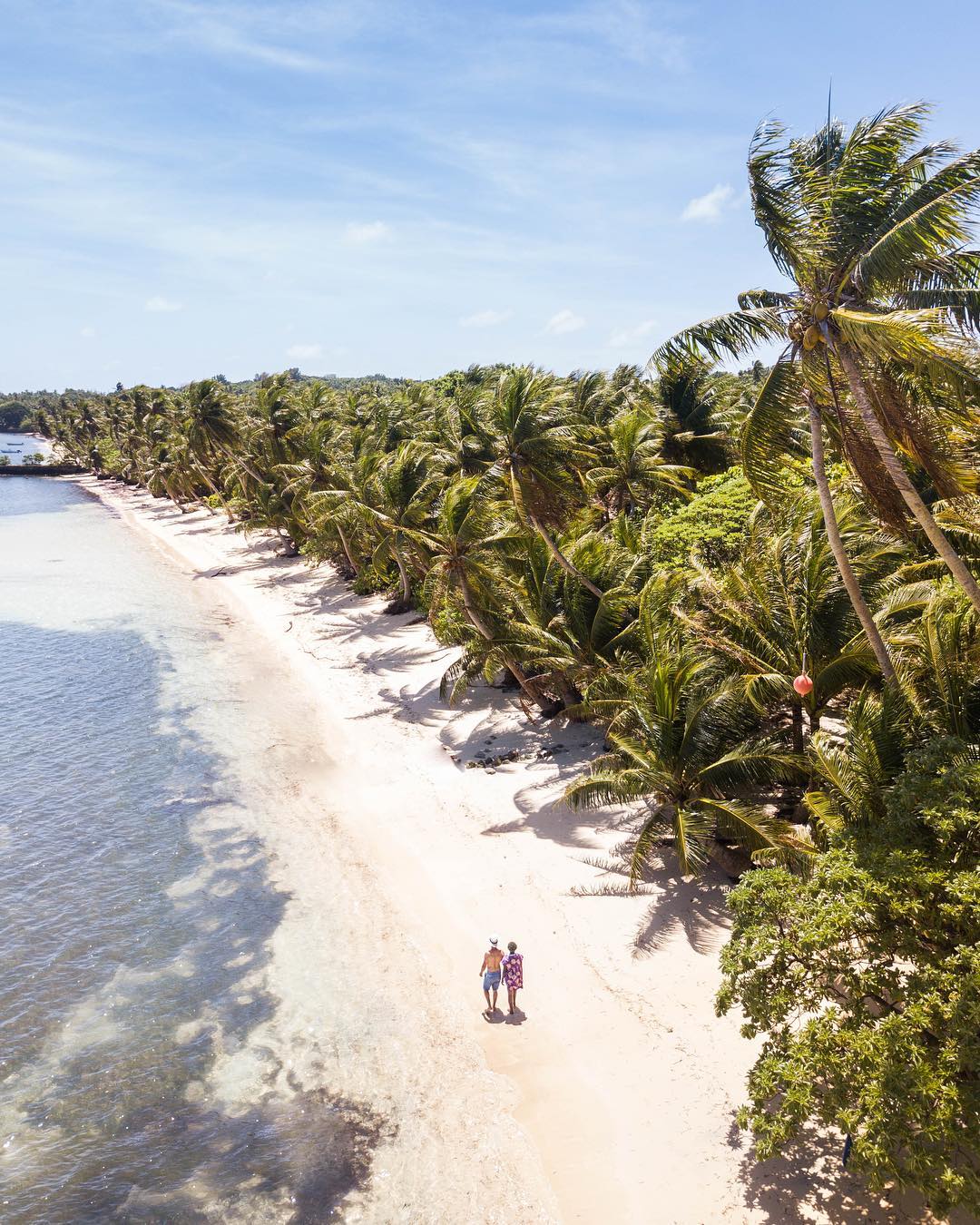
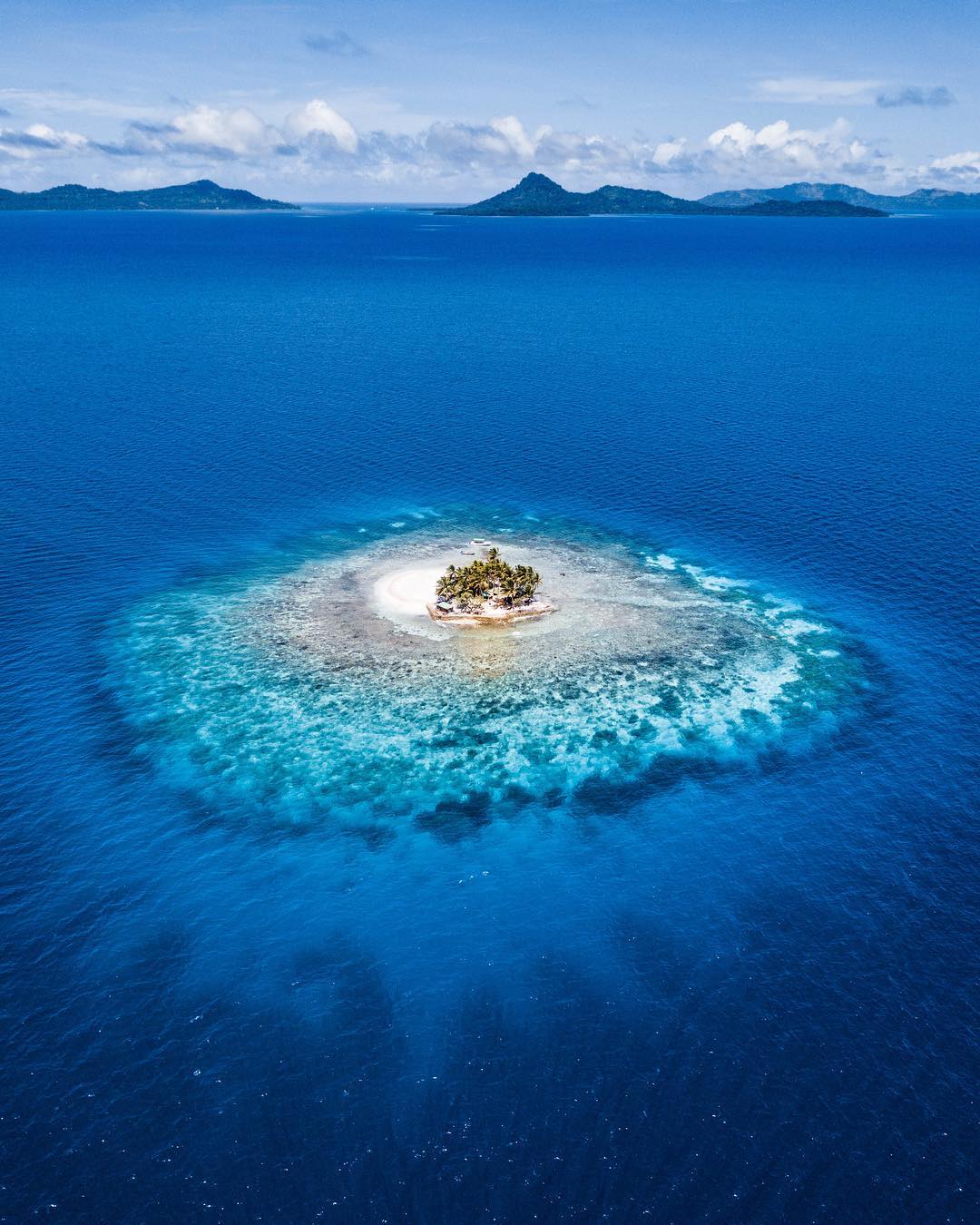
What has been your favourite travel experience this year?
The highlight this year has certainly been Kurdistan. Even for someone like myself who should now be good at judging expectations – I didn’t foresee what a well-developed, extremely safe, hospitable place it would be.
The historic sites there like Amedi, Alqosh and Lalish are stunning. If they were in any other country they’d be major sights. And that’s before you consider the landscapes and mountain ranges!
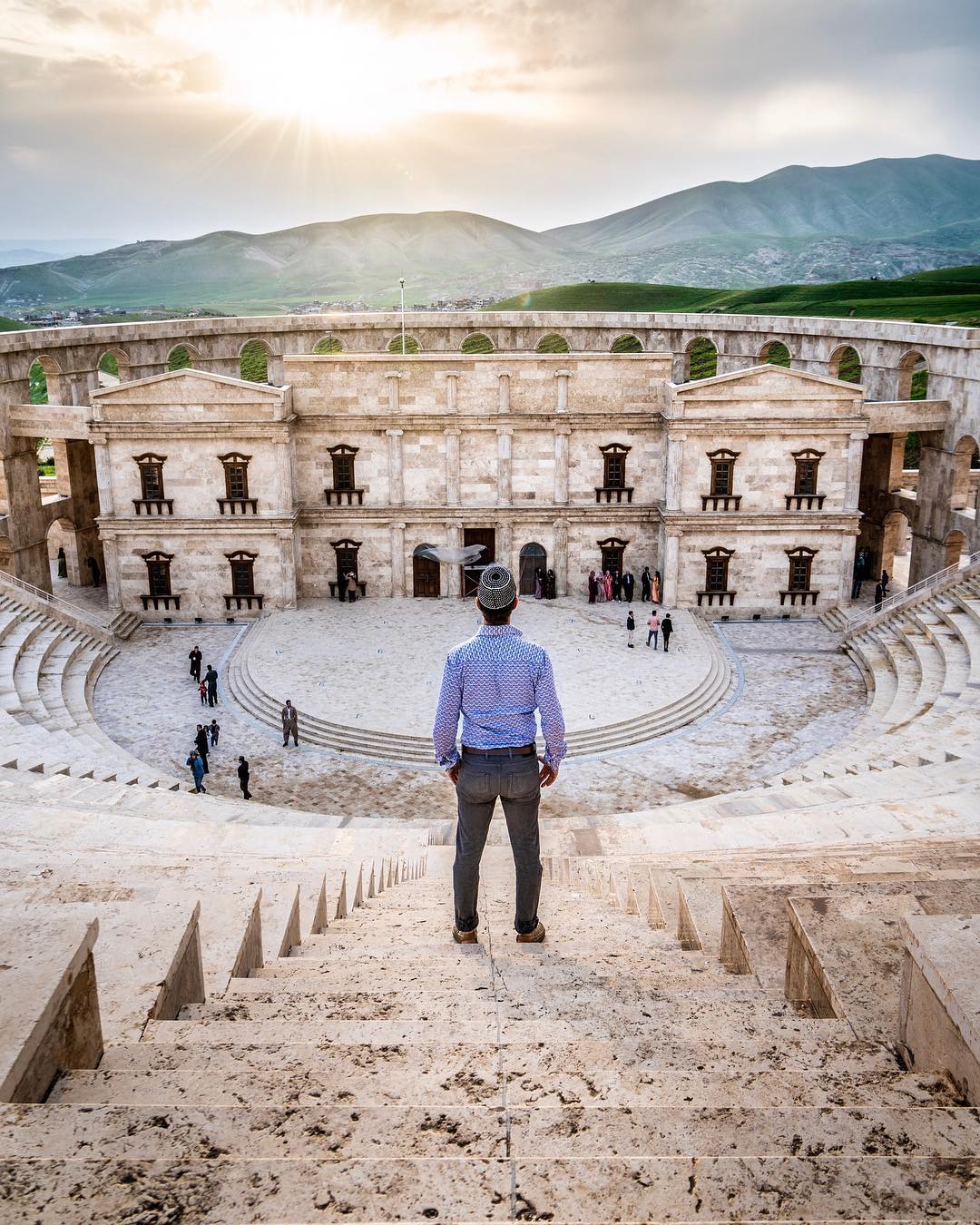
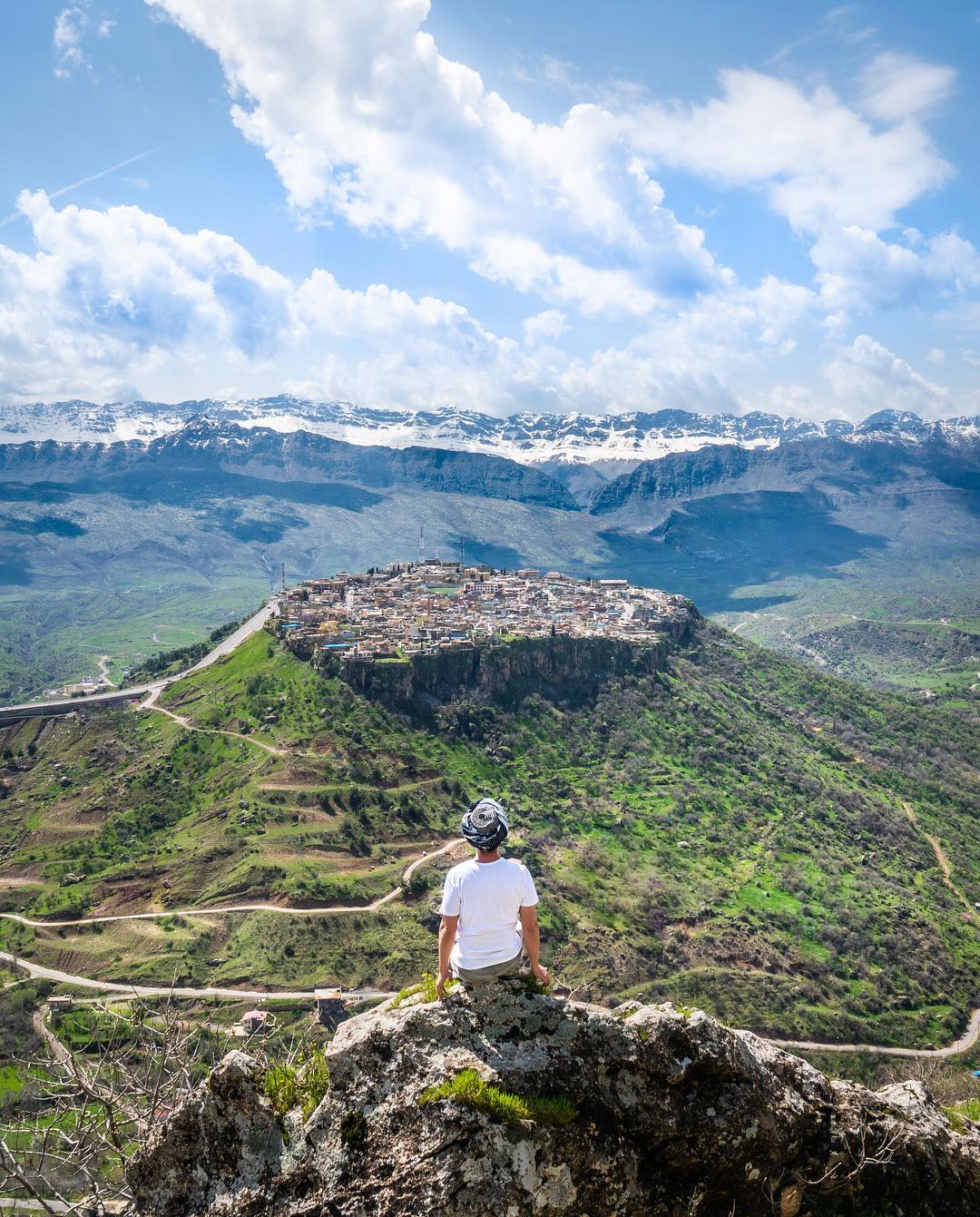
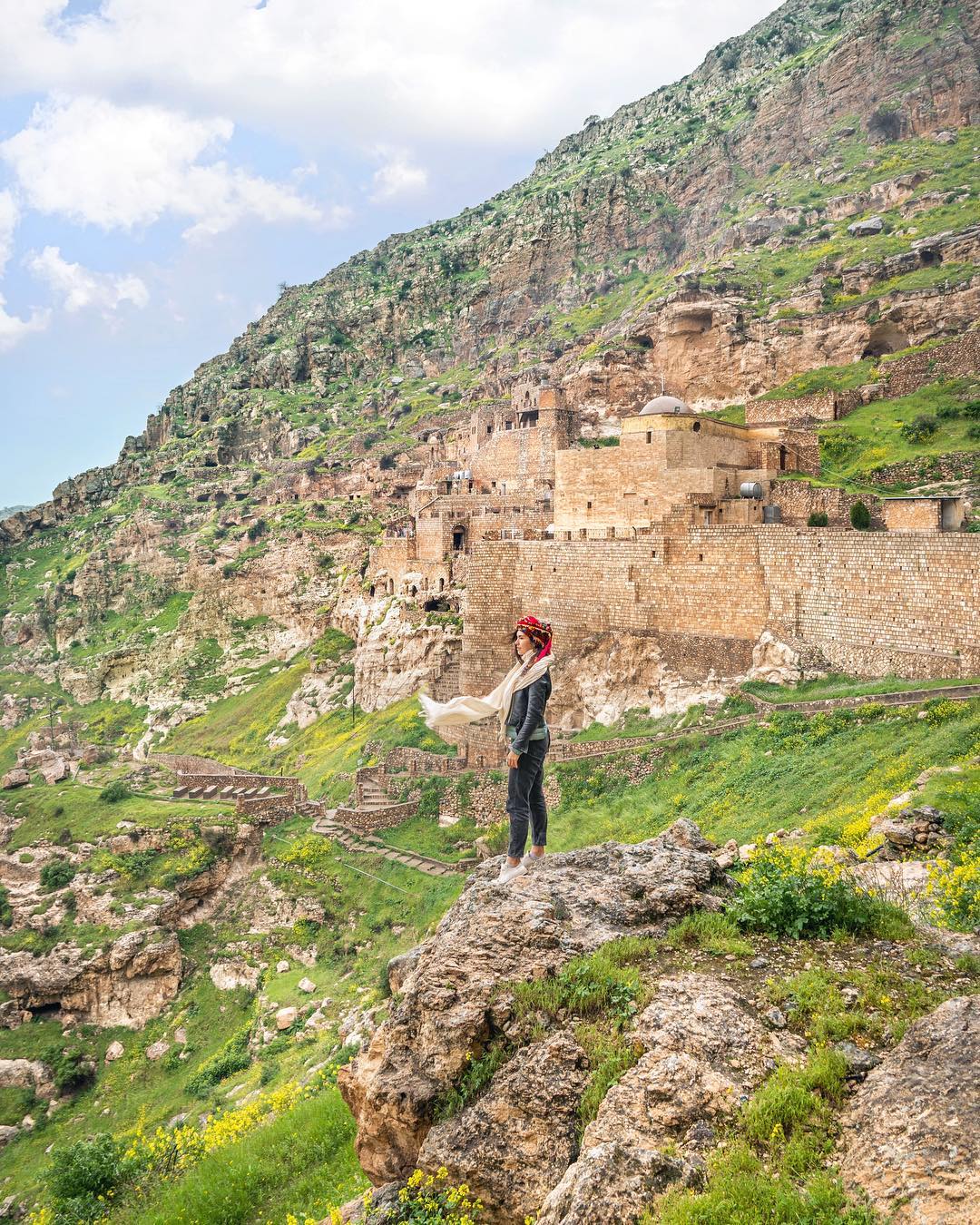
A lot of your recent travels have been through Central Asia & the Middle East. What do you love most about this region of the world?
I tend to travel different regions in 3-month segments because I find that after that amount of time it’s good to make a change to keep your mind fresh and excited. So I’m currently in the Caribbean.
I like Central Asia because it’s a huge landmass that very few people seem to know much about, and yet Uzbekistan for example, is home to some of the oldest and most beautiful Islamic architecture in the world.
Kyrgyzstan and Kazakhstan were the last countries to convert from nomadic lifestyles. They remain some of the most authentic cultures on earth. While Tajikistan has perhaps the world’s most spectacular highway and landscapes in the Pamirs.
The Middle East on the other hand, is the cradle of civilization. I think for example when Americans come to Europe they marvel in how historic some places are. But that’s nothing compared to the Middle East where some cities have been lived in for 7-8000 years, like Irbil and Byblos.
It’s from this region that some of all our basic belief systems first developed, in Zoroastrianism, Christianity, Yazidi, Judaism and Islamic faiths. So visiting the places where people once lived before we actually understood the world we live in, gives a real sense of where we are today. You have to understand where you’ve come from to know where you are.
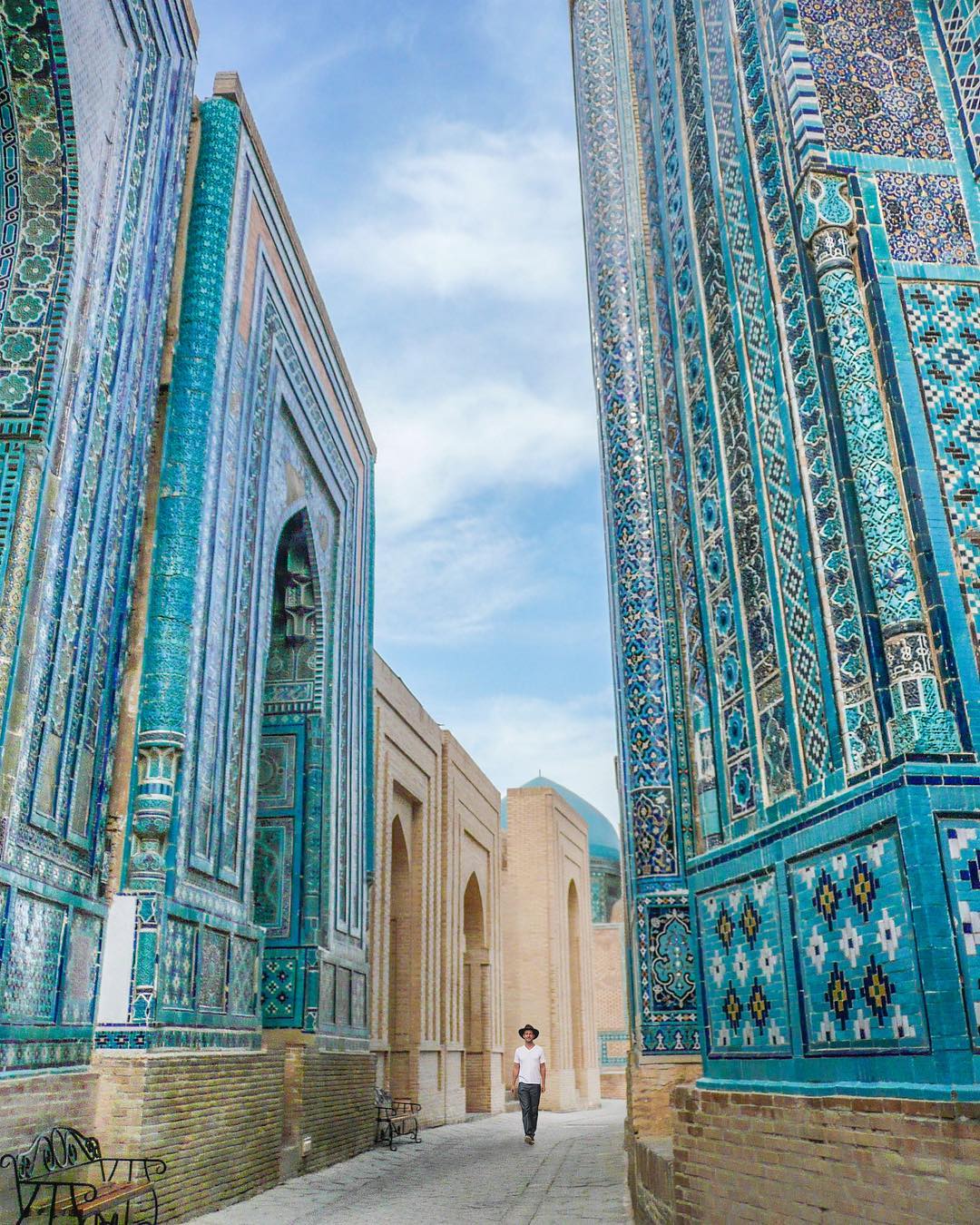
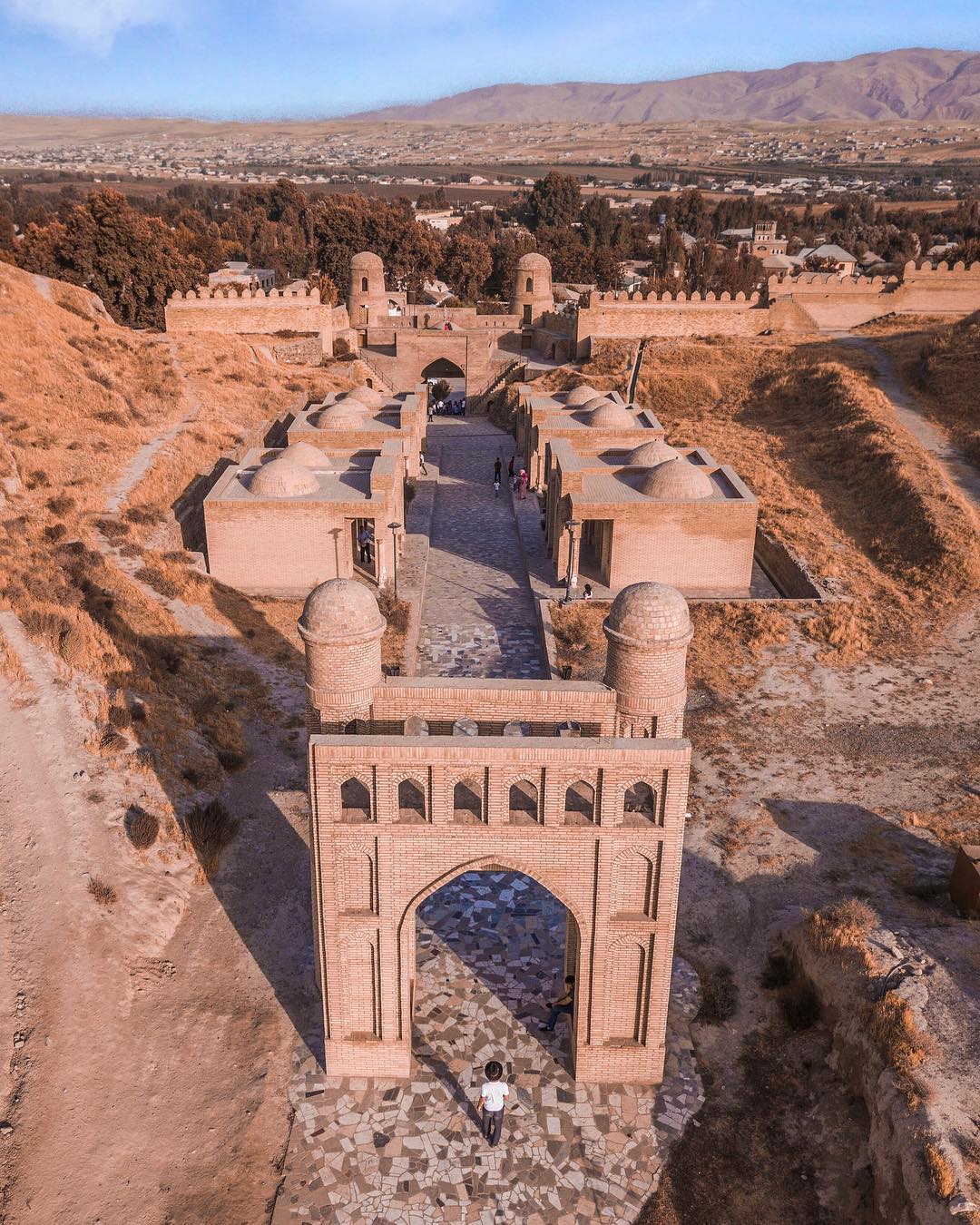
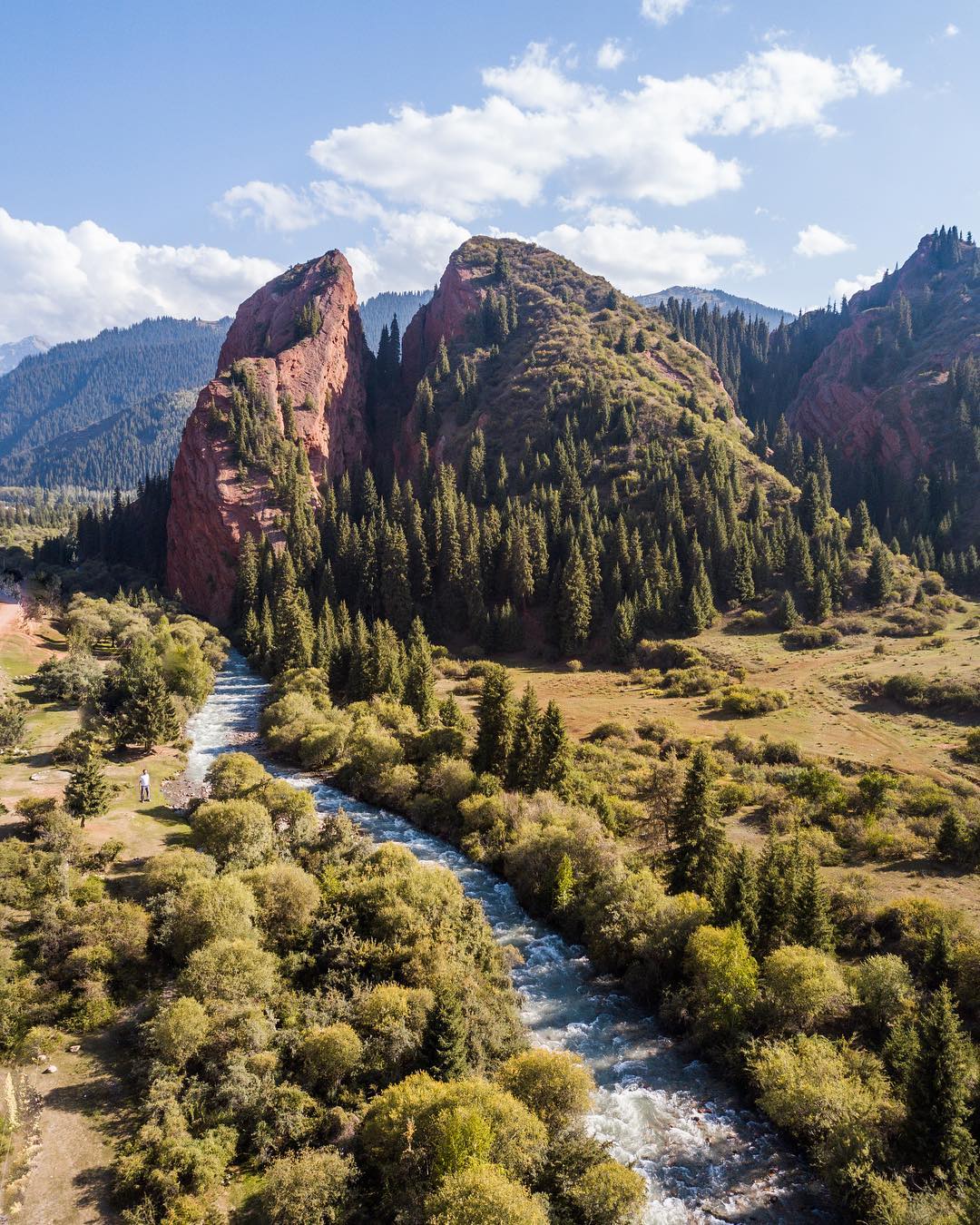
What was it like to travel through war torn regions such as Iraq & Afghanistan?
These places probably have more to offer than most places on the planet, both in terms of historic monuments and UNESCO sights, and culture and life perspectives.
For me traveling is about constantly trying to learn and understand our world and the people within it as best as possible. If for example you’re British and you travel in Australia, there is only so much you will learn in terms of gaining a new perspective on life.
Spend time with Afghanis or Iraqis and they may change your outlook on how you consider family, friends, hospitality, and life, because their own perspectives are so different. The key is always to travel to somewhere very different from where you came from if you want to learn something really new.
Regarding safety, Afghanistan is certainly not “safe” in the broad sense, you cannot show up and travel freely. But there are safe regions of the country, and if you have a local guide, you’ll be very safe in regions like the Wakhan Corridor or Mazari Sharif.
Iraq has two sides – the northern Kurdistan region is one of the safest places you can visit, it’s well developed, almost no crime, and somewhat like being in Europe.
In Iraq itself (there are borders between Iraq proper and Iraqi Kurdistan), I went to Mosul. Two years after the war with ISIS, I did not feel any danger of being there, but there are different risks – unexploded bombs, political unrest etc.
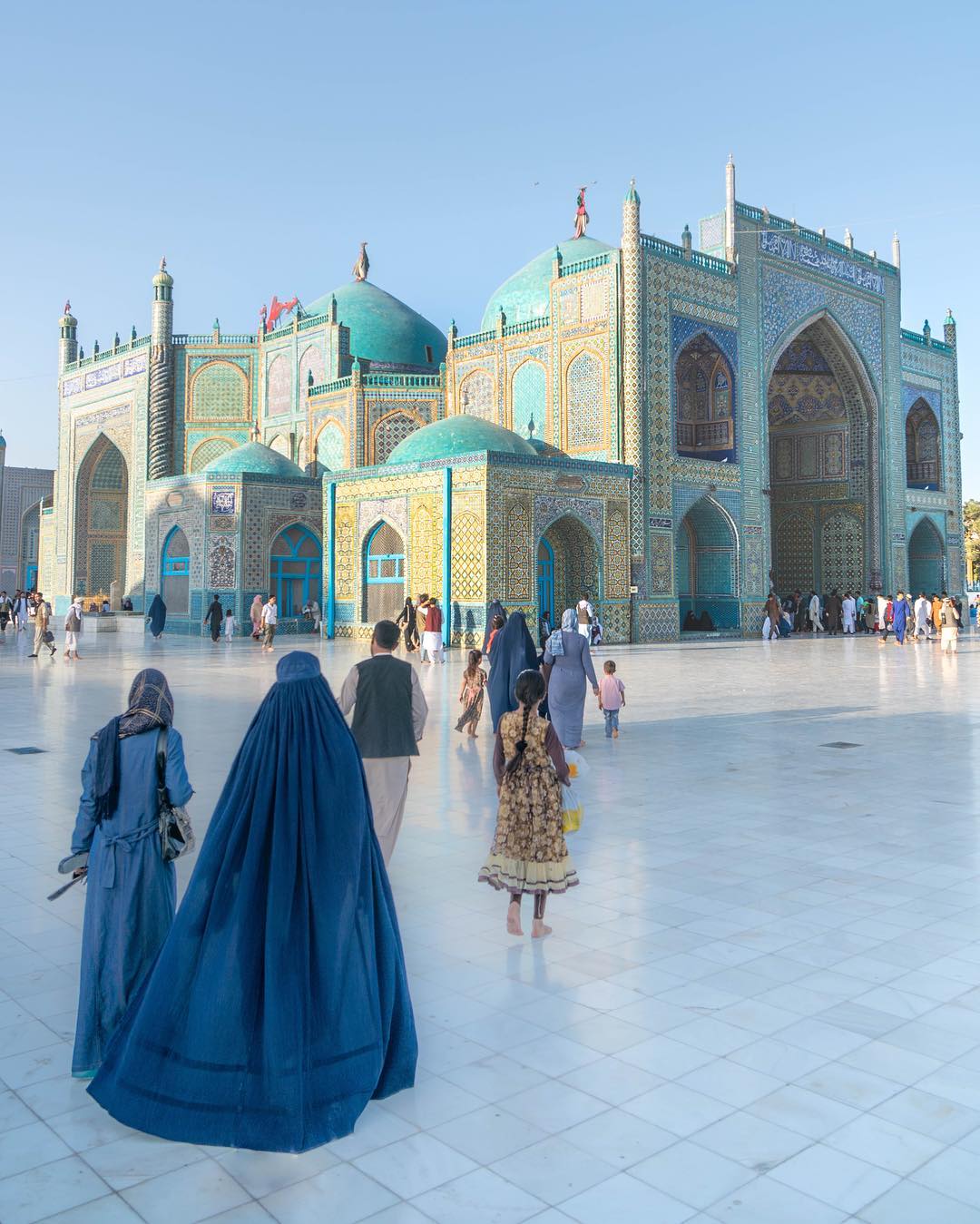
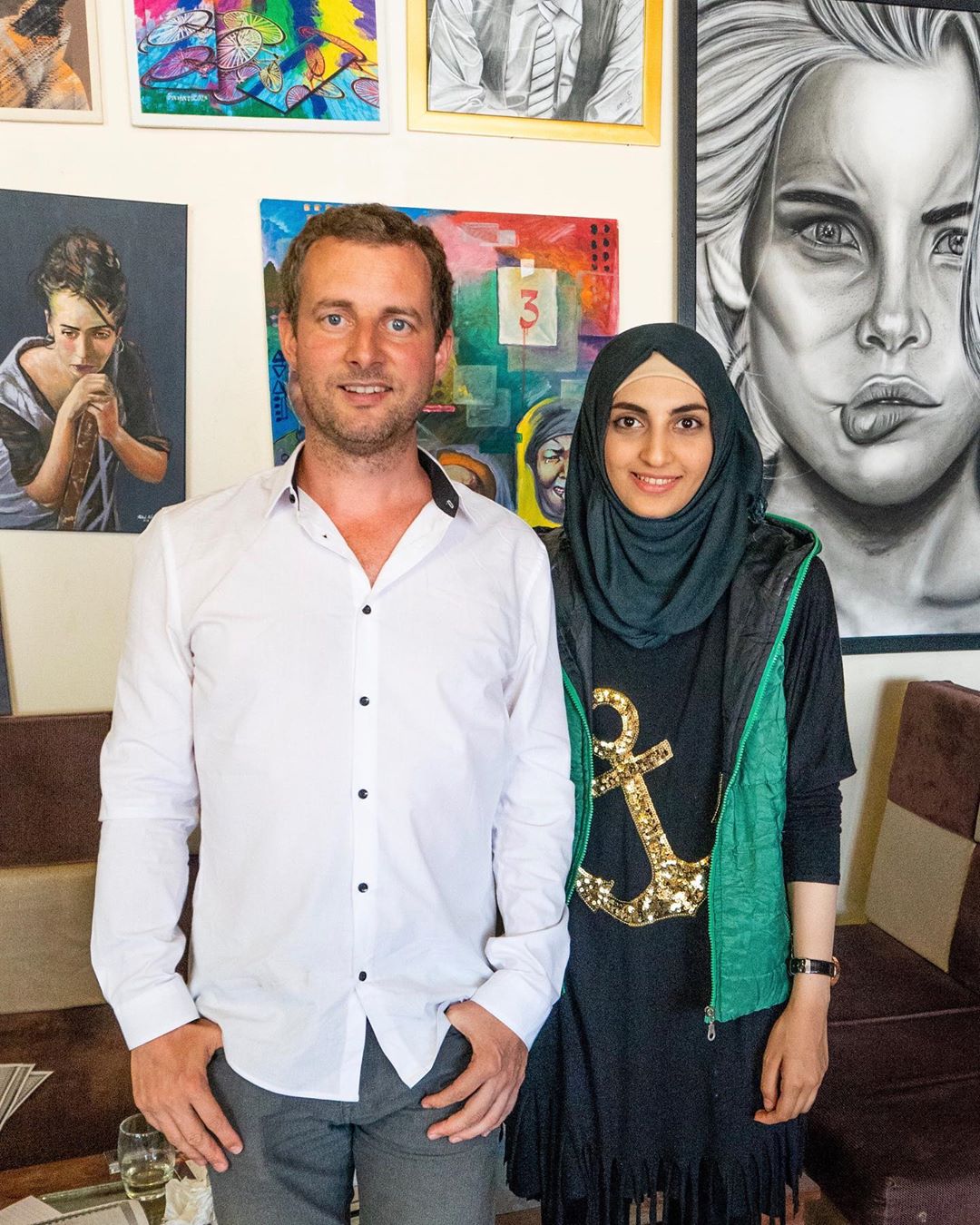
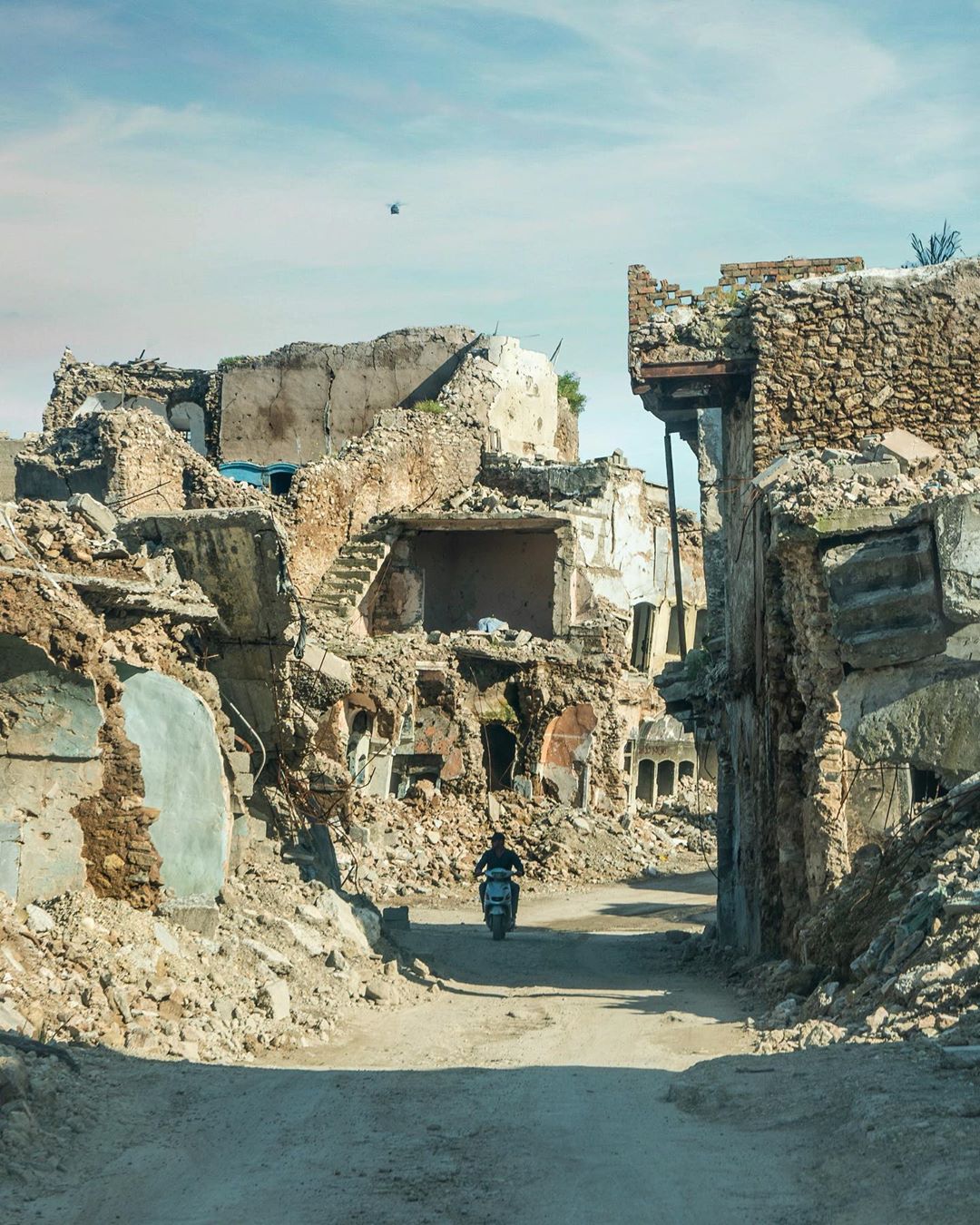
Is your goal to visit all 195 countries in the world?
Instagram and people’s desire to become famous seems to have resulted in many people trying to become “the youngest Brazilian,” “first Spanish woman” or “fastest French person” to visit all countries.
In 99% of cases I do not understand this and it’s sad to see so many “well travelled” people who seem to have little care for understanding the world that they are running around. For me, it’s like someone claiming to have seen every art museum in the world but only stepping in the lobby of all of them.
If you do that, it tells me you only care about the numbers, and you clearly have no actual love for art. Just as these people care for the record with no true interest in the places they run through. Travelling for numbers is so contradictory to the principle and purpose of travel that I struggle to engage with these “country-counters”.
For me, spending 2-3 weeks each in extraordinary places that are not countries like Reunion, Puerto Rico, Tibet or Okinawa are highly valuable experiences and offer so much more than visiting Delhi or Moscow for a few days just to tick off another of the 195, so you can claim you’ve “seen” enormous and diverse countries like India or Russia.
I do keep track of my journey, but I have no goal to visit all member states of the UN, which is a very arbitrary goal in my opinion. I do though, prefer to visit new places rather than return to places I’ve seen since I tend to make sure I explore places thoroughly. So I may edge close to seeing all 195 UN member states.
But I’ve only been to 3 new countries this year and am not racing anybody. In the end the race is only with yourself. So, I prefer to enjoy and stay in each place until I’m ready to move on.
What is your favourite destination and why is it so special to you?
Tough question, but a common one! I really enjoyed the Micronesia islands and the Marshall Islands. There remains such raw beauty and isolation, and they are a constant reminder of the power of nature and our place on this earth. As the atolls of the Marshalls sink, they are stunning in their shape and spectacle, and it reminds us that all our time here is temporary.
I like visiting big cities because as a race, we’ve achieved so much progress, but too many of us can’t see the wood for the trees, working hard in concrete jungles and forgetting the simple pleasures in life.

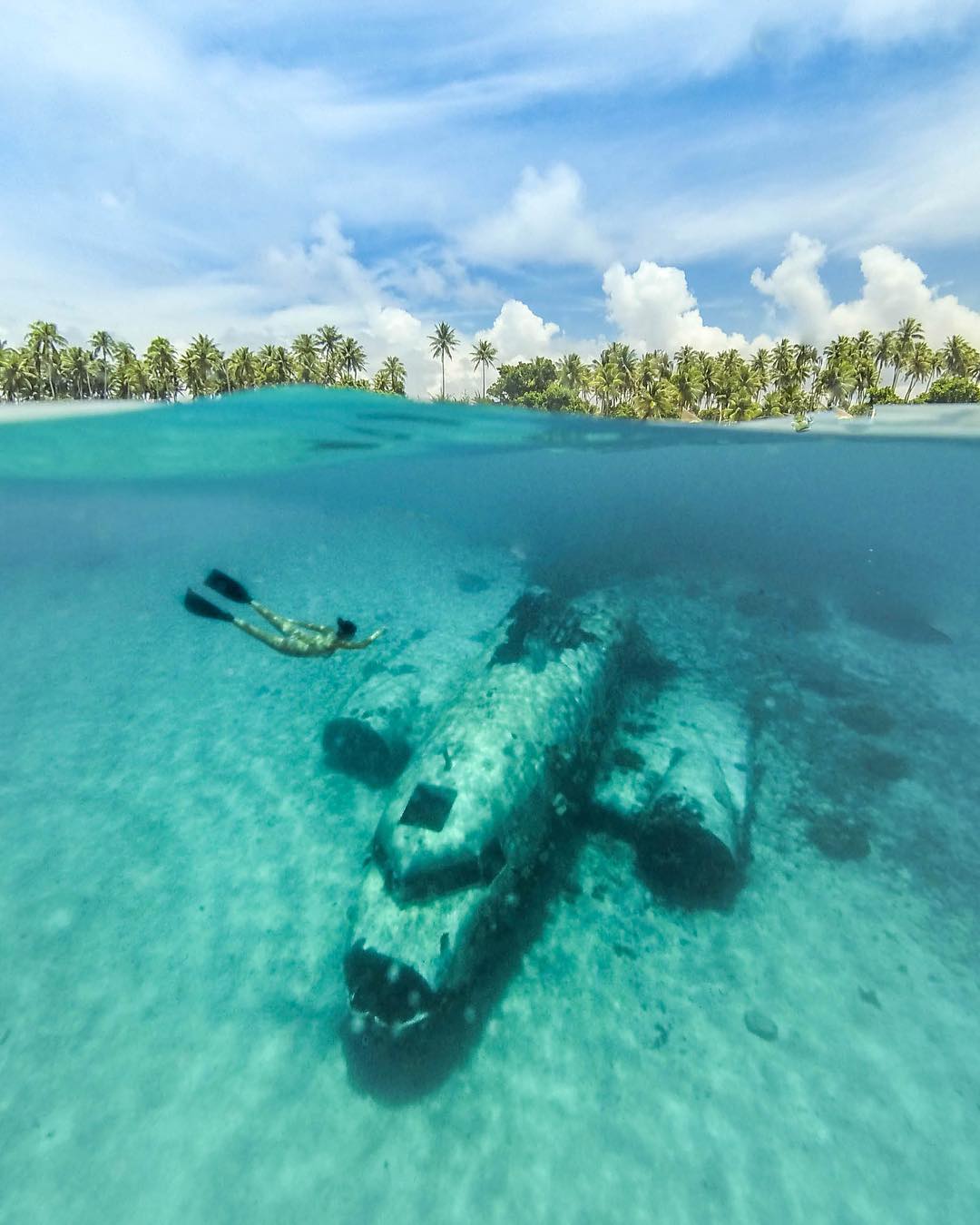
Could you tell us about your expat life in Tokyo?
I actually travel full time and have done for a few years now, though Tokyo was my base for many years, and it is where my own social media management and creative agency, Plus Alpha Tokyo is located. I return regularly for photoshooting with clients in the country and enjoy the sheer convenience of being in Japan.
Would you be able to provide a couple of tips for aspiring travel writers & photographers?
I think the trick with anything is you have to start doing it first. Whatever it is you want to become, focus your time on developing your skill and putting it out there.
Build a portfolio before you expect people to hire you. Once people can see your work is good and you’re confident in it, then is the time to reach out to media, editors and companies to show what you can do. Don’t expect to get hired and then start delivering. Deliver first so that no-one can deny your talent.
Learn more about Robert Michael Poole in the links below:








